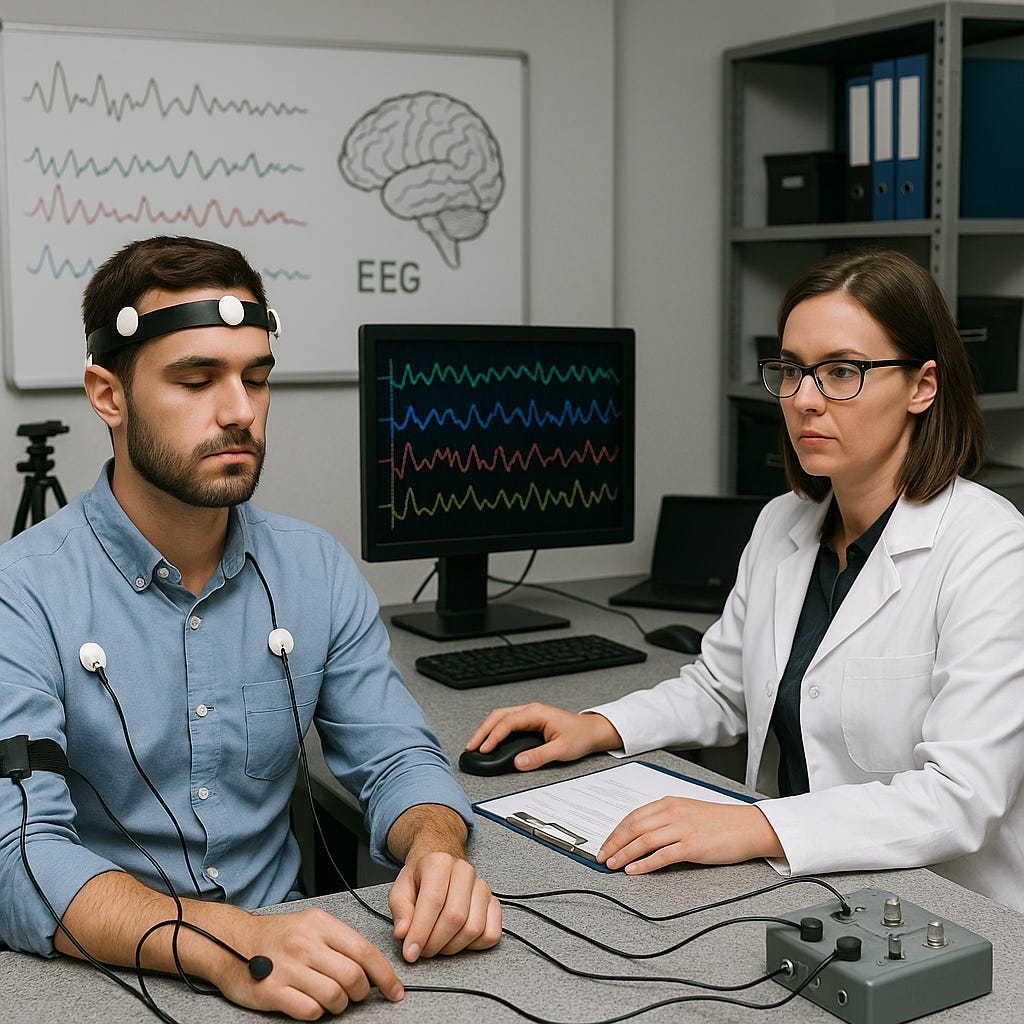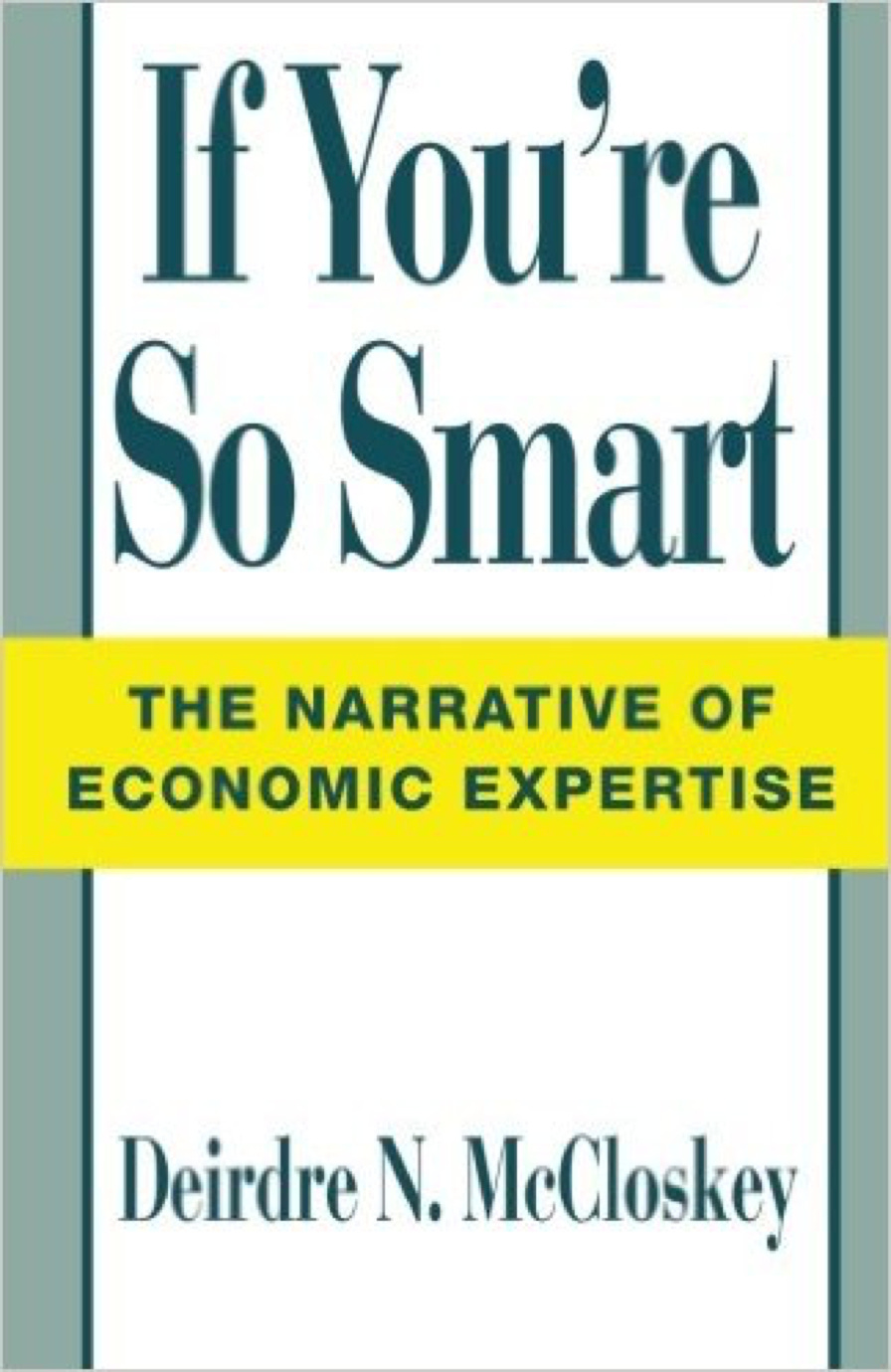If you're so smart
What psychologists fail at—and where we shine

This doesn’t happen so often now, but back in the day, when I told people I was a psychologist, they would often half-jokingly say something like, “Ooh, I guess you know what I’m thinking.”
I usually did not. Psychologists aren’t better at understanding or manipulating people than anyone else. In the Foundation series, Isaac Asimov envisions a future where psychologists’ knowledge of the mind gives them the power to predict and control others. Everyone fears them. But in the real world, we are a relatively harmless and ineffectual lot.
Do our limitations reflect poorly on our field? The issue came up at the very beginning of a podcast I recently did with Tyler Cowen.
COWEN: I have just some very general questions about psychologists, and I’d like to hear your take on it. They run along the lines of, how much do you people understand anyway? Your partner, I believe, is a psychologist. You’re a psychologist. If you’re sitting in a restaurant and you’re listening to a couple talk at the other table, do you two feel you understand them better than two smart non-psychologists?
BLOOM: No, not in the slightest. Not in the slightest. We have no special ability to manipulate people, to understand people. You could say that that reflects a weakness of the field, and maybe it does, but I don’t think psychologists are any savvier about human nature in that sort of day-to-day, on-the-spot way than anybody else.
Reading my response now, I wish I hadn’t said that this might reflect “a weakness of the field”—as you’ll see, I don’t believe this. I did better when Tyler came back at me with a comparison to economics.
COWEN: Let’s say I took two economists, and I flew them to a poor nation that they didn’t really know anything about, and I asked them to make some guesses about what might be wrong with the economy. They would do better than equivalently smart people who are not economists. What’s the feature of psychological research that stops it from translating into higher understanding? How do you model what you all produce?
BLOOM: I think we understand certain subdomains. I think I have a better understanding of memory and the fallibility of memory than a lot of people. I think I have more of a grasp of mental disorders. I know maybe a bit more about child development in the sense of what ages things will come about. I can say, I think, some reasonably intelligent, maybe surprising things about social movements and how people behave in groups.
It’s not like we don’t know anything about the world. It just doesn’t translate, for whatever reason, into day-to-day contact. Talking with you now, I’m no better at figuring out what you want from this conversation than anyone else would be.
Maybe I should have pushed back at Tyler on his assumptions about the powers of economists. One of my favorite book titles is this, from Deirdre McCloskey.
The title is a reference to what McCloskey calls the Great American question—“If you’re so smart, why ain’t you rich?” Spelling this out: If you’re smart, you should be able to use your intelligence to improve your life; so if you’re not rich, then you probably ain’t so smart.
In the case of economics, you might think that if someone has a good theory of how economies work, they should be able to predict what will happen with the stock market, interest rates, inflation, and so on. This predictive power should make them extremely wealthy, which is something many people aspire to. But economists are not usually extremely wealthy—they do okay, but not by predicting the future—so we can conclude that they don’t really have a good understanding of how economies work.
What about psychology? If you’ve read my book Psych, you’ll have a good understanding of what psychologists have learned about the mind. But—and this is bad news for my book sales—this understanding will not make you better at predicting or manipulating others. If we’re so smart ….?



